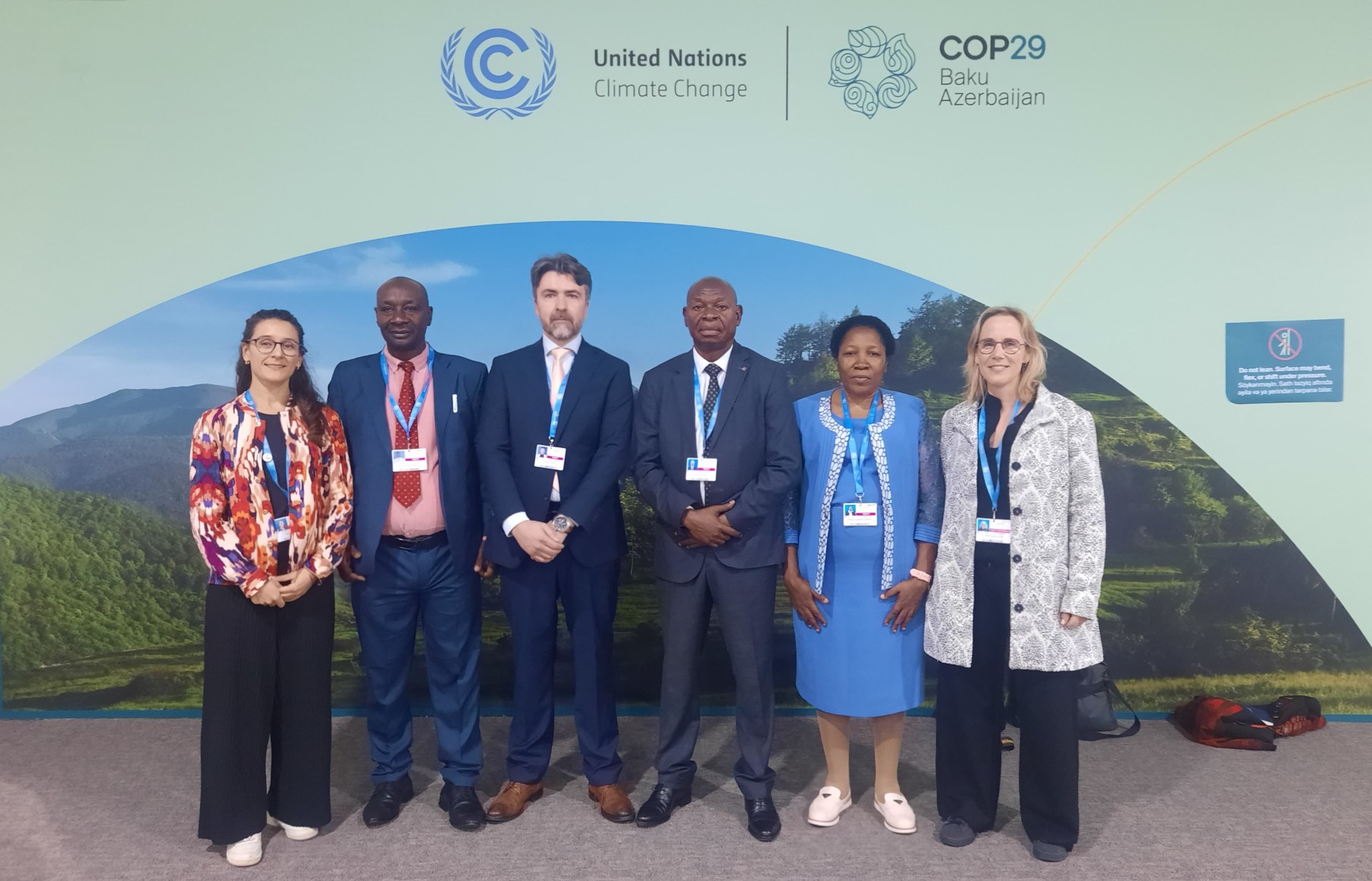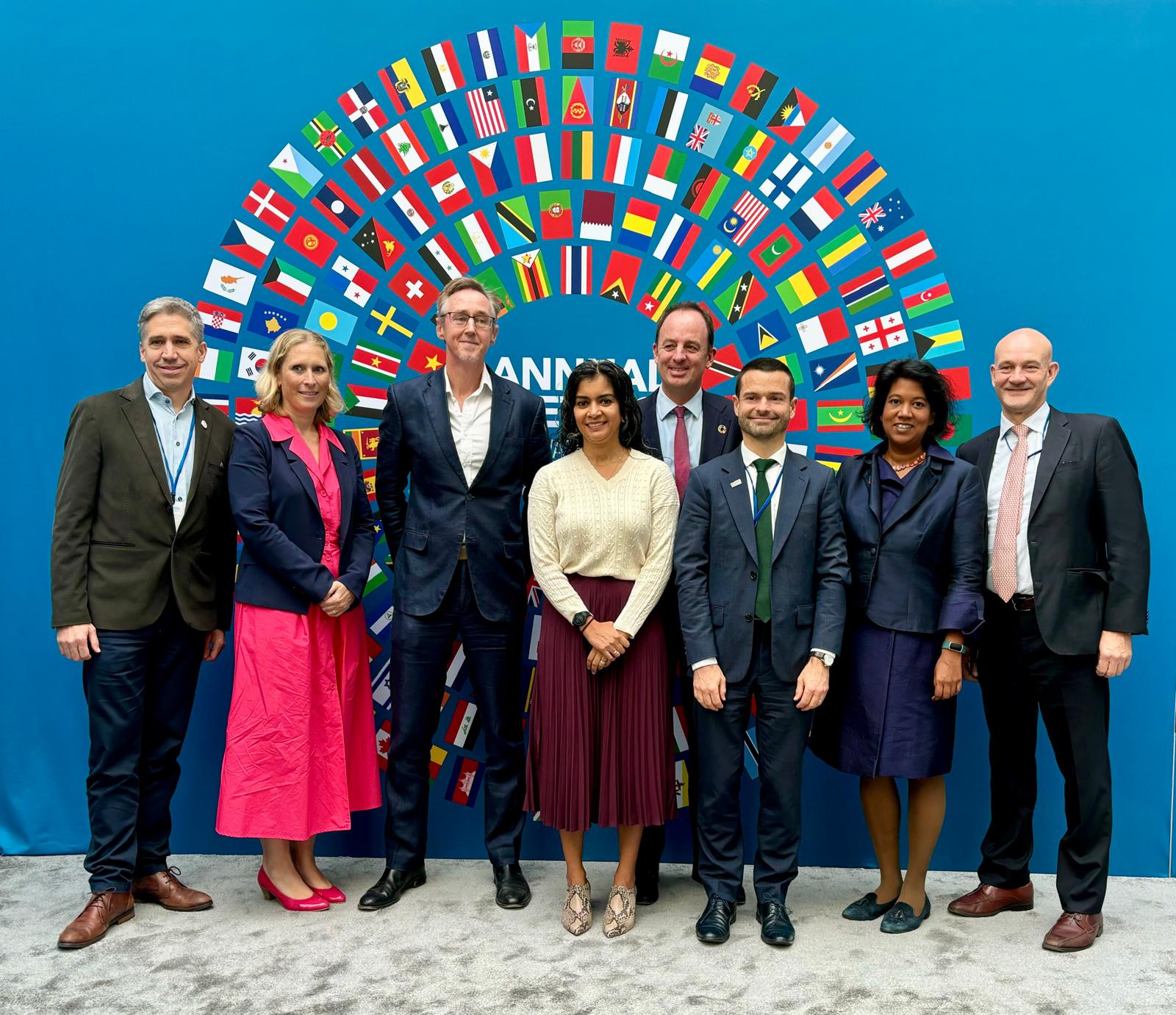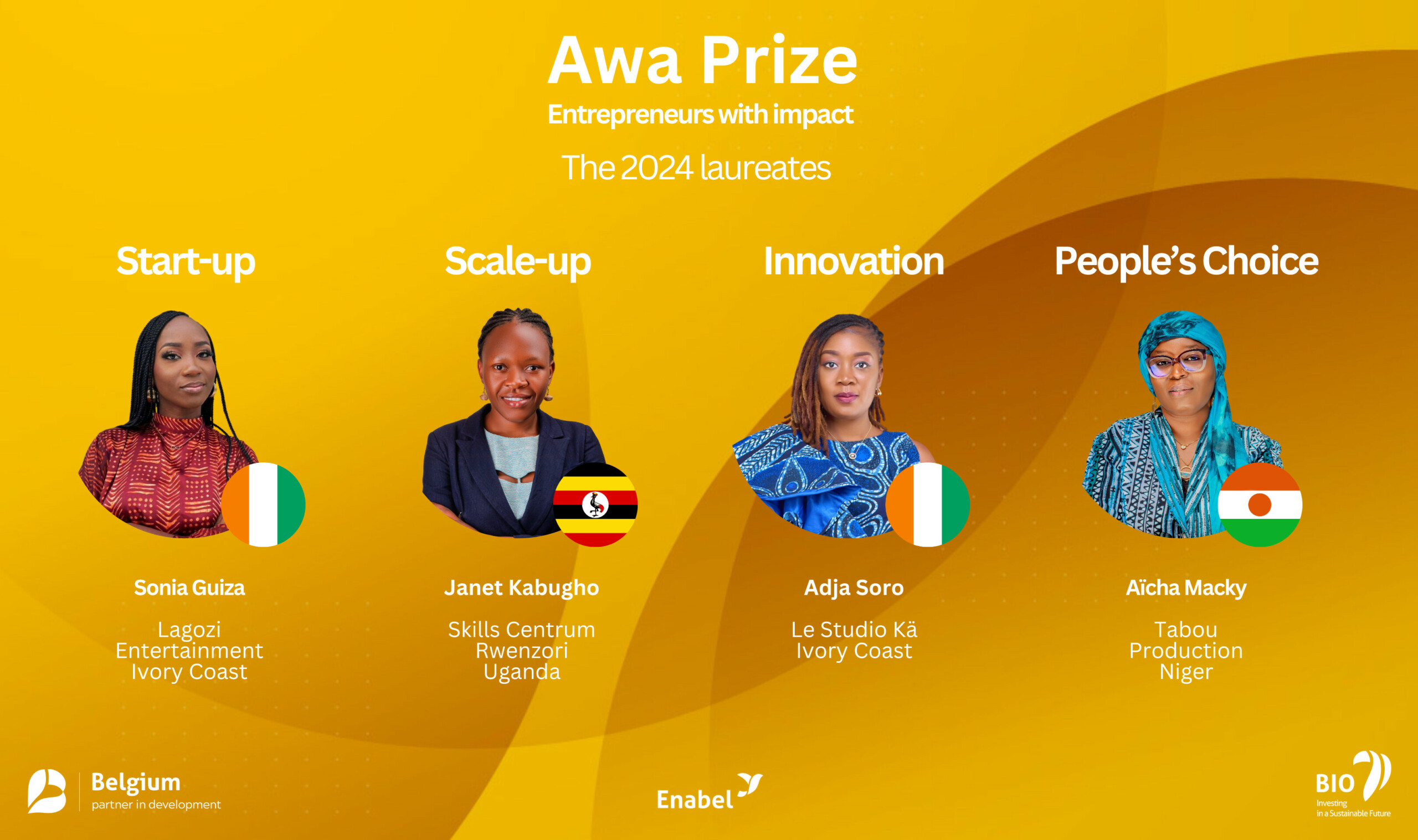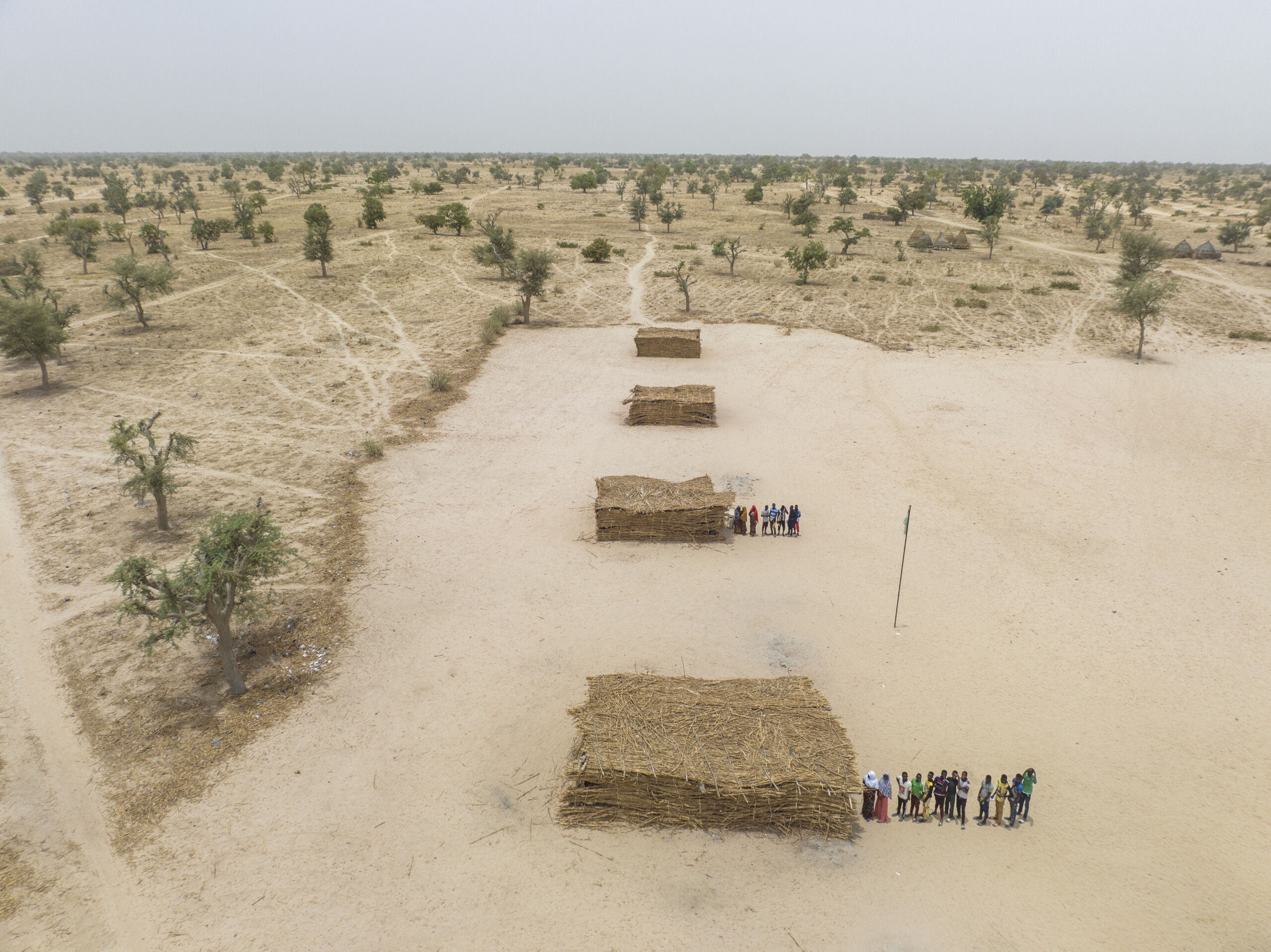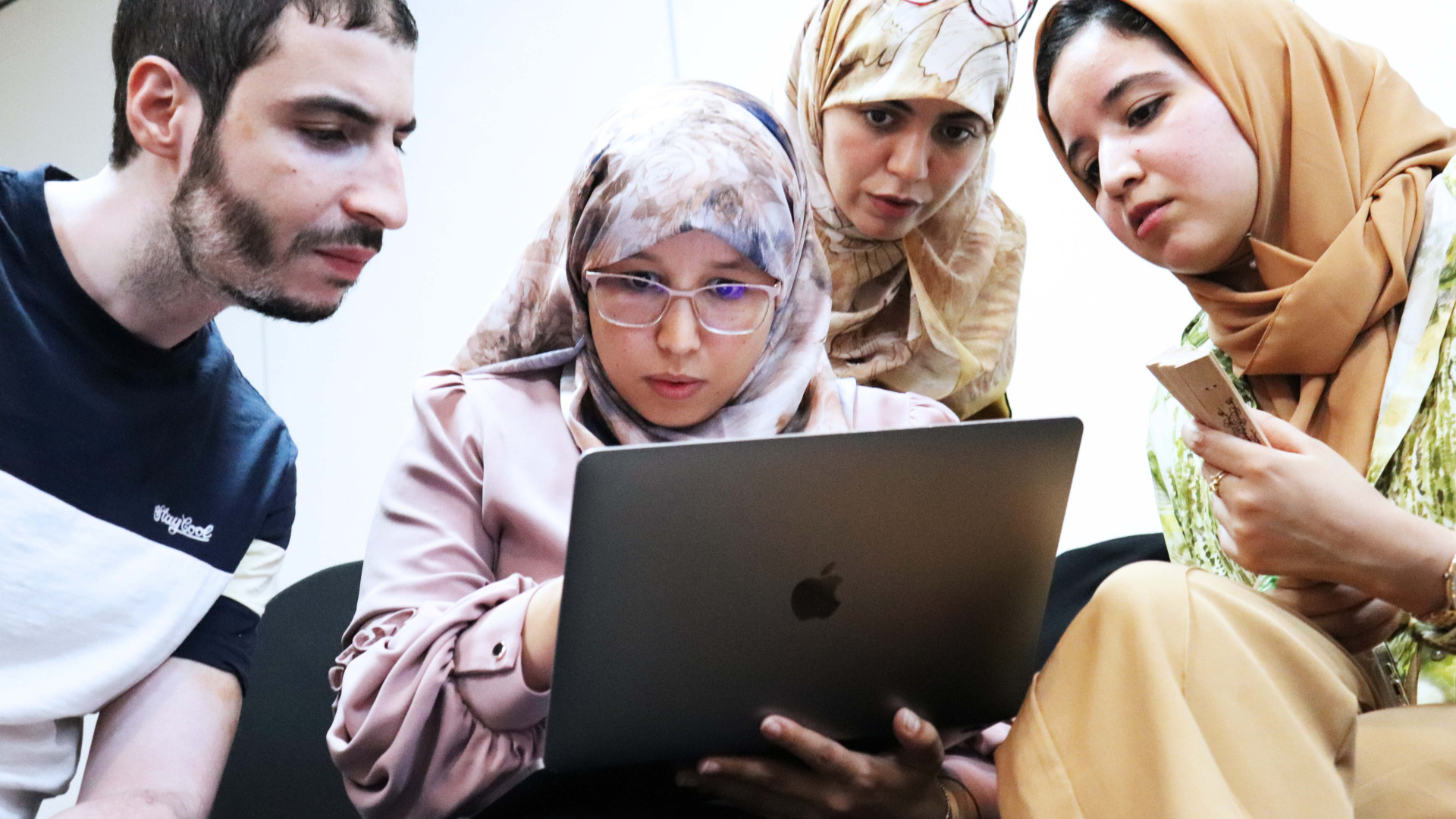Lake Tanganyika: an endangered ecosystem
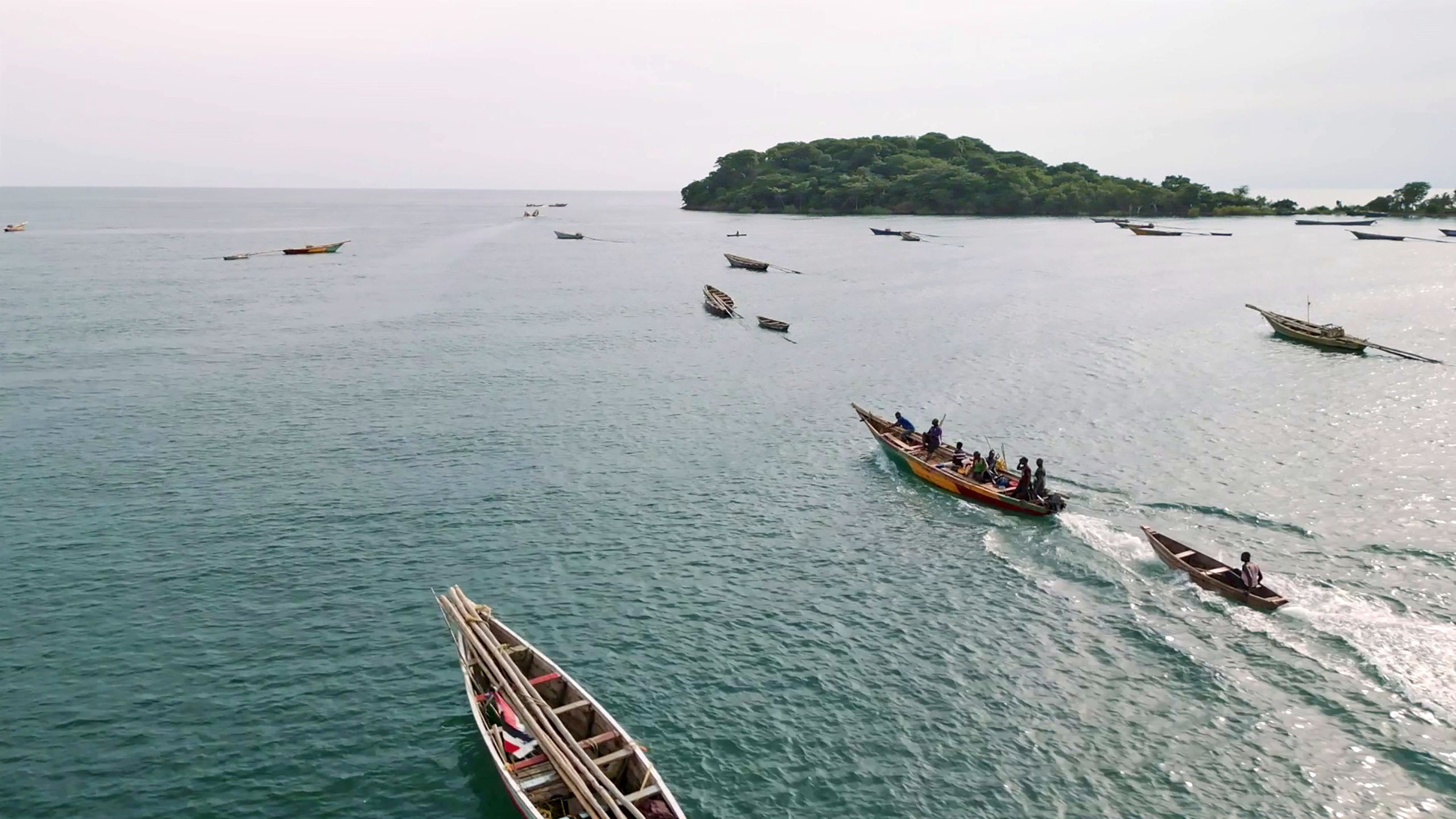
A 10-million-year-old lake. Home to more than 4,500 animal and plant species, almost half of which are only found in this region… Lake Tanganyika borders Burundi, the Democratic Republic of Congo, Tanzania and Zambia. The region surrounding the lake region is home to at least 13 million people, 2 million of whom live along the lake’s shore.
The lake is really a unique ecosystem. It is a true natural wonder, but its exceptional biodiversity is under serious threat from economic activity – around 200,000 tonnes of fish are caught here every year – but not only that: demographic pressure, climate change, urbanisation and pollution are all factors that are jeopardising the lake’s equilibrium. The Lake Tanganyika Water Management (Latawama) project, funded by the European Union, aims to ensure a sustainable future for the region and its inhabitants.
Laying the foundations for sustainable lake management
The deployment of an environmental monitoring network is essential to ensure the lake water’s long-term management. To achieve this, Enabel and the Lake Tanganyika Authority, made up of the four countries bordering the lake, have set up a database and a geographic information system to measure water quality. These tools are supplied by four regional analysis laboratories. These labs were renovated and modernised by Enabel. They are located in Bujumbura (Burundi), Kigoma (Tanzania), Uvira (DRC) and Mpulungu (Zambia).
Thanks to the Walloon Region’s financial support to the tune of 500,000 euros these labs have been equipped with photovoltaic installations and can operate continuously, independently of the unreliable local grid.
Towards sustainable urban waste management
To ensure the lake’s sustainable management, it is also crucial to combat urban pollution. In conjunction with the authorities, we have developed a series of initiatives focusing on solid waste and wastewater management in the areas around the lake.
With a population of 1.2 million, Bujumbura, the largest city of Burundi, faces a huge wastewater management challenge. Its wastewater treatment plant is the only one of its kind along the shores of the lake. The Latawama project equipped it to improve its operation. This treatment plant plays a key part in the city’s environmental policy, but also for public health, since cholera outbreaks occur in the region.
“Public health goes hand in hand with improving the environment and protecting Lake Tanganyika.” Didier Cadelli, Project Manager
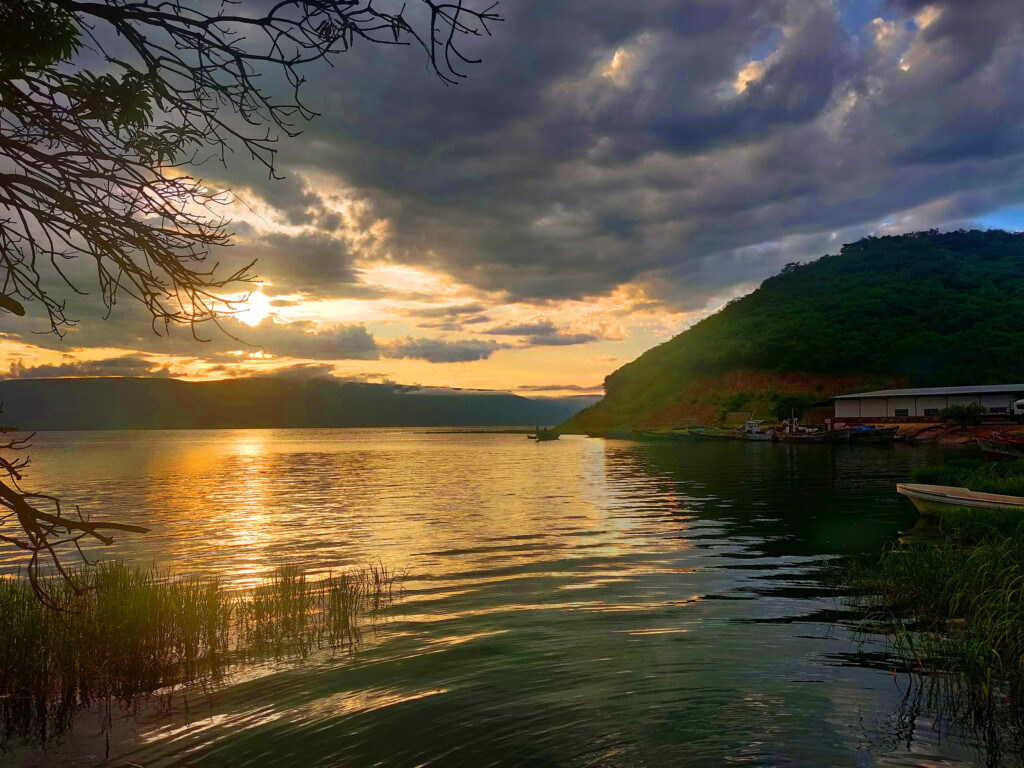
In the Democratic Republic of Congo, the 1,200 inmates of the Uvira prison live in precarious conditions, leading to health risks and having an environmental impact on the lake. In collaboration with MONUSCO, the United Nations Organisation Stabilisation Mission in Congo, Enabel has installed toilets, showers and washbasins, as well as rainwater collection and recycling systems. The toilets are connected to a biodigester that supplies gas to the kitchens, avoiding the need to burn wood. This improves living conditions for prisoners, while limiting the prison’s impact on the environment and improving the quality of the lake’s water.
Wastewater management is a major challenge, but it is far from the only one: as the population grows, so does the production of solid waste. Lack of financial resources is preventing towns and cities from managing this growth. That’s why we are supporting the authorities of major towns along the lake in drawing up and implementing waste management plans.
Cléophas Bizabishaka, representative of the Burundi agency for urban planning, housing and construction (OBUHA), is in charge of the Bujumbura wastewater treatment plant. He explains:
“The plant’s sludge drying beds were no longer operational. Thanks to the Latawama project, we could have them rehabilitated in order to improve the efficiency of the water treatment basins. The project has also supported the wastewater treatment plant laboratory with analytical equipment and reagents and it digitised the sewage network”.
In Kigoma, Tanzania, we are working with the municipality to improve waste management by providing equipment, containers and infrastructure to collect, store and transport waste. We also run awareness campaigns with communities and civil society organisations. In order to consolidate these changes in behaviour in a sustainable way, Enabel has also supported the revision of waste management regulations, with a view to clarifying the roles and responsibilities of the various actors, ensuring the financial viability of the system and promoting sustainable practices such as waste reduction, sorting at source and composting.
As it draws to a close, the Latawama initiative has laid the foundations for an environmental monitoring network and carried out several targeted actions in the lake’s shoreline towns. But the last word has not been said: thanks to the support of the European Union, activities in the region will continue until 2029. They will allow some of the initiatives undertaken to be scaled up, encouraging cross-border management of water resources and promoting circular economy activities in the region.
